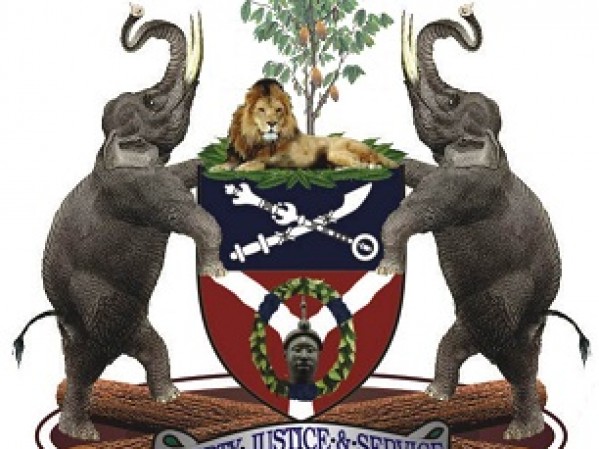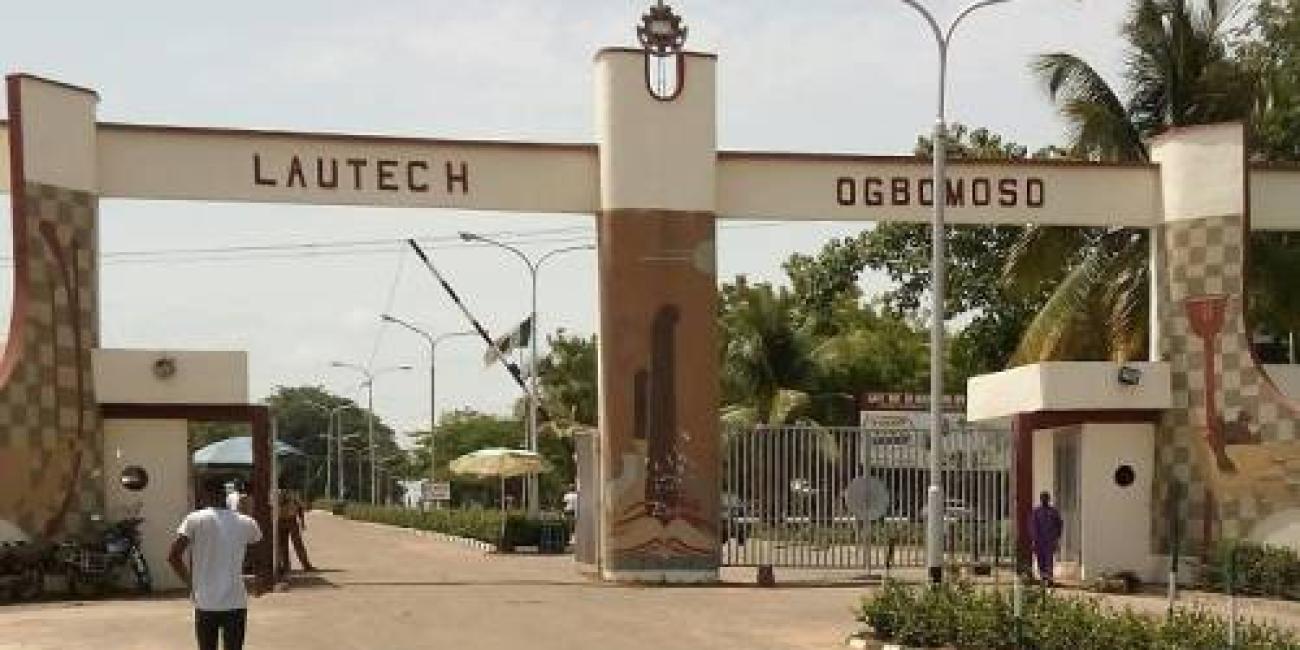When sometime last year, the Governor of the State of Osun, Ogbeni Rauf Aregbesola took the bull by the horn and declared that the upcoming local government administration in the state will be Parliamentary system-based, not many understood the wisdom in the whole idea.
Just this week, while addressing the press on the occasion of his 79th birthday in his Ila-Orangun, State of Osun country home, the former Interim National Chairman of the All Progressives Congress (APC),and a former governor of Osun, Chief Adebisi Akande was even more forthcoming on the dangers in the present arrangement.
According to him, the Nigerian nation is currently running a difficult government under an unworkable set up.
“President Buhari is my friend and I want him to succeed but he is running a difficult system of government.
“Nigeria’s democracy is a military democracy of sharing and if we continue like this, there is no how we can succeed.
“Up to this present age, evidence-based analyses have proven parliamentary democracy to be the most accountable transparent form of government in the whole world,’’ he said.
One cannot but agree with Baba Bisi Akande, if the present problems of insecurity, governance, corruption and fiscal responsibility which Nigeria has been facing since the return to democratic governance in 1979 up till present moment are considered.
Chief Akande further declared that parliamentary democracy had helped countries like the United Kingdom to become rich, stable and respectable globally and also made the very young Israel very strong economically and militarily.
“It is also transforming India from acute poverty and hunger into self- sufficiency and reliability virtually in all fields. Apart from being transparent and accountable, parliamentary democracy is absolutely inclusive. It appears to be the best form of governmental structure for Nigeria now,’’ he said.
One of the principal merits of the parliamentary government is that it provides for the maintenance of harmonious relationship between the legislative and the executive branch of government.
Ministers, Commissioners or equivalents in the local governments are heads of the executive departments and at the same time are members of the Legislature, constituting the majority party. The wishes of the majority are therefore, carried on with great zeal and strength. Deadlocks are also avoided as the legislature and the executive are constituted in the same body of persons.
It is the best specimen of representative democracy as it recognises the ultimate sovereignty of the people and ensures ministerial responsibility. The executive is continuously responsible to the legislative assembly and as such any serious misuse of executive power can be checked readily through the immediate removability of cabinet members.
A third merit of parliamentary government is its flexibility and elasticity. People can easily change the government. It is therefore, specially suitable to meet emergencies. In special circumstances, a smooth change of leadership is possible without bloody revolution.
Bagehot, an English political philosopher, highly praised parliamentary government, because people in this system can “choose a ruler for the occasion” who may be specially qualified to tackle the situation. At the time of the Second World war Chamberlain was replaced by Churchill without any political upheaval in England.
Another advantage of the parliamentary form of government is that it can claim high educative value. It cannot function without well organised political parties. Political parties formulate, organise and educate public opinion.
The primary objective of every political party is to win elections and capture the government. They place different manifestoes before the people.
All this makes the people politically conscious and vigilant. Parliamentary government is also a government by criticism. The opposition criticizes the government and brings the government on the proper track in cases if it is getting off the track.
Lastly, the merit of parliamentary government is its achievement of a close union between lawmaking and administration. Since ministers are members of the legislature as well as the political heads of administrative departments, administrative considerations are not likely to be overlooked in the enactment of laws.
At the same time, the top executives, in approaching the administrative problems of the governments, are mindful of the legislative point of view. On the other hand, formation in the possession of administrative agencies is always available to the legislative branch in the discharge of its policy determining functions.
A major criticism of Parliamentary system is on centralisation and lack of separation of powers. Some people, however, regard this as a strength, calling it ‘strong government’. Well, that’s easy enough as long as you agree with what the government is doing.
The parliamentary system was invented in the UK in the 1720s and 1730s, by a group of parliamentarians, centered around the world’s first Prime Minister, Robert Walpole, who wanted to get around the limitations of separation of powers, particularly on their own ability to enrich themselves. You can’t give a particular year because they did it by stealth and pretended nothing significant was changing.
Another major criticism is of the system is the complete lack of checks and balances, since the government is chosen because it has a majority in Parliament, and from that it follows that the government (in general) controls Parliament. The government is in control, and Parliament provides no effective check. But the judiciary, pressure groups and non-governmental organizations are there to check government’s excesses.
We congratulate the former Interim national chairman of APC, author of Moving Osun to Prosperity, the Oracle of Ila Orangun, former governor of the State of Osun, Baba Omo keekeeke, a happy celebration.











